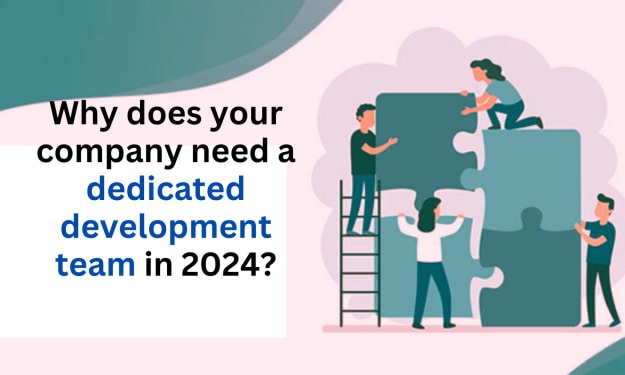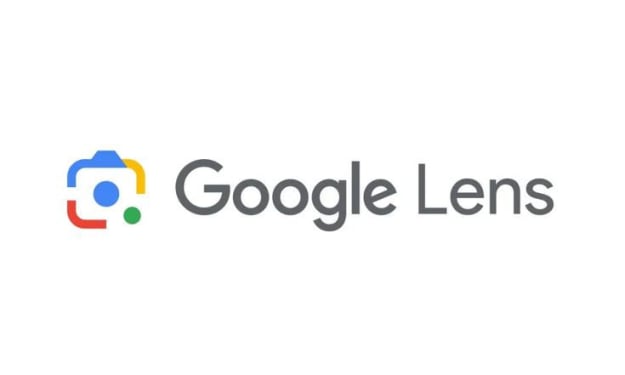Should Social Media Be Considered a Human Right?
At what point does an online platform become so big it becomes a human right?

We are at the point with YouTube, Twitter, and Facebook being so big that you can consider them a form of communication, and even literacy.
Since communication and literacy are both a human right, when do we and/or would we ever consider social media as a human right?
We have already been arguing if the internet itself is a human right, and have already had many governments try to have better control over it, so for the sake of this argument, let’s say we as a society consider it one already.
So why wouldn’t we consider the most popular website where we can easily communicate with most of our friends and family a right? I am sure we have all had that one friend who deactivated their account, only to come back online after a few days or months saying, “it’s just easier to keep in touch with my friends with it, I just try to only use it for that now.” As our society evolves, our preferred method of communication does as well; you can say “go back to texting, phone calls, and emails than," but even then those are all something that is becoming more obsolete. Just as physical letters in the mail are basically a thing of the past. Even then, texting wasn’t something offered on most phone plans when it first came out, but as society changed, it became the preferred method for communication, it is now easier to get an unlimited text-only plan than it is to get an unlimited call-only plan, because now calling is becoming less common, and text messages have taken over. Just like how social media is now taking over text message for the new method of communication.
Then we have the argument for literacy on top of that. I know this is more of a split topic, because a lot of misinformation is spread around on social media, but also a lot of true information is spread as well. And this can be said about other forms of learning. The USA & Canada strongly filter their textbook to leave out, or glaze over the genocide of the native population when North America was first founded. News stations and newspapers are own by government parties, so they have a biased opinion on what they choose to publish. Nothing is perfect, and it always comes down to the individual at the end, and how they choose to use it, and if they choose to believe blindly, or to fact check for themselves.
So, the tricky part with this is, if social media is a human right, then you should have the right to free speech on social media as well. Freedom of speech means freedom of an individual or a community to articulate their opinions and ideas without fear of retaliation, censorship, or legal sanction from your government, and it varies from every country.
But you now have countries like Australia passing a law that can punish social media companies for users posting about violence on their platforms, and this at the end of the day does affect a human right to free speech & the hypothetical argument of social media being a right as well. What would be considered violence, and how do you tell the difference between someone trolling and someone making a real threat. Everyone (unfortunately) has a right to their own opinion even if it is (morally/scientifically) wrong, and so we should not be stopping them from expressing it online, that does not mean they are free from being ostracized from their family/friends/communities, or even fired from their jobs etc. that come with posting publicly about something deemed controversial that we see happening already online. No matter what we try to do to control these ideas, they still grow, either underground or in public, there has never been a time in society where hate did not exist. Racism and sexism were around before the internet. Being silenced isn’t going to end hate or misinformation, it just causes it to find a new way to spread, but being educated and having the chance of starting a conversation does has a higher chance of ending it. Hence why, we as a society have progressed so much in the last 10 or 20 years; because we have access to the internet, that gives us unlimited access to new ideas, and communication with other communities we would normally never have contact with. So that being said, a person shouldn’t have their post taken down from their personal page, or have their account banned for posting something that falls under freedom of speech. Imagine if our phone providers had that same control in what we talk about in our texts or phone calls? Yes, we do pay for the service, so we should be allowed to do or say what we please, but social media does advertise to us, so in an indirect way we are paying for this service as well. After all, when it comes to mail, email, phone calls, and SMS, we are allowed to say whatever it is we want, without government or corporate interference. Why can’t we hold Social Media to the same standards?
But then we have another side of this argument, what about the companies who run the social media websites, and how do we deem what one is a human right, and what one isn’t. Everyone has a right to make their own website with their own rules and guidelines, but it’s by sheer chance that one will pick up popularity to the level of say Facebook. The websites themselves as well are owned by someone, or a group of people; do their rights outweigh the rights of the majority? So then do we say all social media specifically is a human right, and any other website where you don’t necessarily have that social part of it, can go by their own guidelines? Or do we say only once a website hits a specific number of users or traffic it then becomes a human right? Then who decides this as well, the UN, countries themselves, or an entirely new group of authority?
Then what about places like YouTube, it is a mixture of a social media platform, and a place to make a career. Should it still be considered a human right if it's a platform that you can potentially make money off of? Not all videos are monetized, and you run the chance of being demonetized if you don’t follow some guidelines, should that stay the same? But perhaps with better guidelines than what currently is in place? Really, that is another can of worms, entirely.
This topic brings up more questions the more I dive into it, and unfortunately, I don’t have any of the answers for them. I do however think it is a topic we have to start discussing now, especially since we already have governments and corporations fighting to control access to the internet itself, and now just starting to control what it is we can post on the internet.
About the Creator
N Shavrina
Just a kid that has a lot of hypothetical questions, talking to myself but in public.






Comments
There are no comments for this story
Be the first to respond and start the conversation.